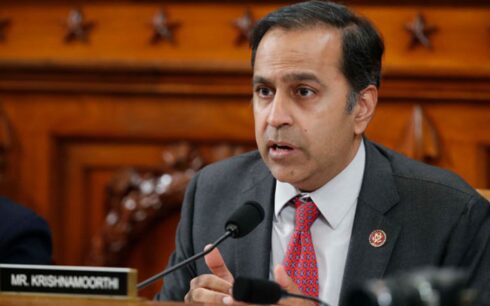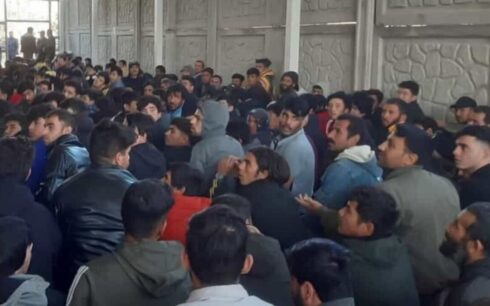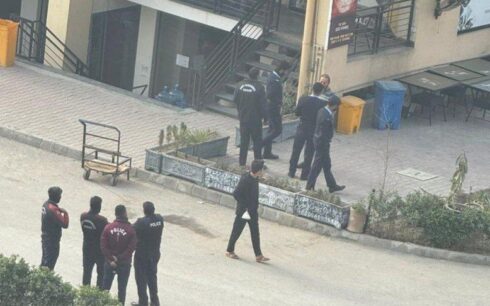Armed foreign nationals, believed to be al-Qaeda members, are currently based in a number of areas in Baghlan province, including the provincial capital of Pul-e-Khumri, Taliban sources confirm.
Two sources from the Taliban have said al-Qaeda members in the country panicked when their leader Ayman al-Zawahiri was killed by the US in a drone strike on his Kabul house in July.
They said the Taliban decided to relocate these fighters to Baghlan following the drone strike.
Abdul Nafe Takor, Taliban’s spokesman for the interior ministry, did not respond to Amu when asked for comment.
One source, who works for a Taliban security agency, told Amu that after the death of Zawahiri, the foreign fighters were first moved to the Baghlan Sugar Factory.
The source said that after their location was divulged, these individuals were sent to a former military base in Laqai area near the Baghlan-Nahrin highway. They were then sent to Aab Qol and then to Burka district in Baghlan.
The sources, who spoke on condition of anonymity, said that these foreign fighters are currently stationed in the Jawlan area in Kayan valley, in Karkar area in Pul-e-Khumri and in Burka district.
The foreign nationals “are all armed and are roaming in the areas using SUV trucks used by the former intelligence forces,” the sources said.
Another source from the province told Amu that at least 300 families of foreign fighters have been resettled in the Karkar area in Pul-e-Khumri city and “all are armed.”
Some local residents confirmed the presence of foreign fighters in the Karkar area including Haroon, a resident, who said he has often seen “suspicious” people in the area.
Najiba Rustapur, another resident, said that a number of “suspicious” and “foreign people” have been seen in the area recently.
“These individuals have nothing to do with the locals and do not speak to them,” said Rustapur.
Residents did not elaborate on the identity or nationality of the “suspicious” individuals.
However, the Taliban has often rejected claims of foreign fighters in the country, especially in the northern provinces – close to Central Asian neighbors.
Tajikistan’s concerns
Tajikistan officials have expressed their concerns about the presence of “terrorist” groups in Afghanistan on many occasions, including at a UN General Assembly in September.
Addressing the UNGA, Tajikistan Foreign Minister Sirajuddin Mehruddin said that “Afghanistan is rapidly becoming a safe haven for terrorist groups.”
He said that Tajikistan shares 1,400 km of border with Afghanistan and the current situation is “alarming”.
He stated that “it is paramount for Tajikistan to strengthen its border with Afghanistan and create the necessary border infrastructure along its entire length.”
A BBC report in May quoted the UN as saying that Zawahiri had renewed his allegiance to Taliban leader Haibatullah Akhundzada.
Following the strike on Zawahiri’s house in downtown Kabul, US officials said the Taliban leadership, especially the Haqqani network, had been aware of Zawahiri’s presence in Kabul and they had provided him a safe haven.
Taliban in turn accused the US of violating the Doha agreement and said the group had not been aware of the al-Qaeda leader’s presence in Kabul.
Cutting ties with al-Qaeda and other terrorist groups in the region and making sure that Afghanistan does not pose a threat to any country in the world were key elements of the Doha agreement signed between the US and the Taliban in 2020. The two sides now accuse each other of violating the agreement.





